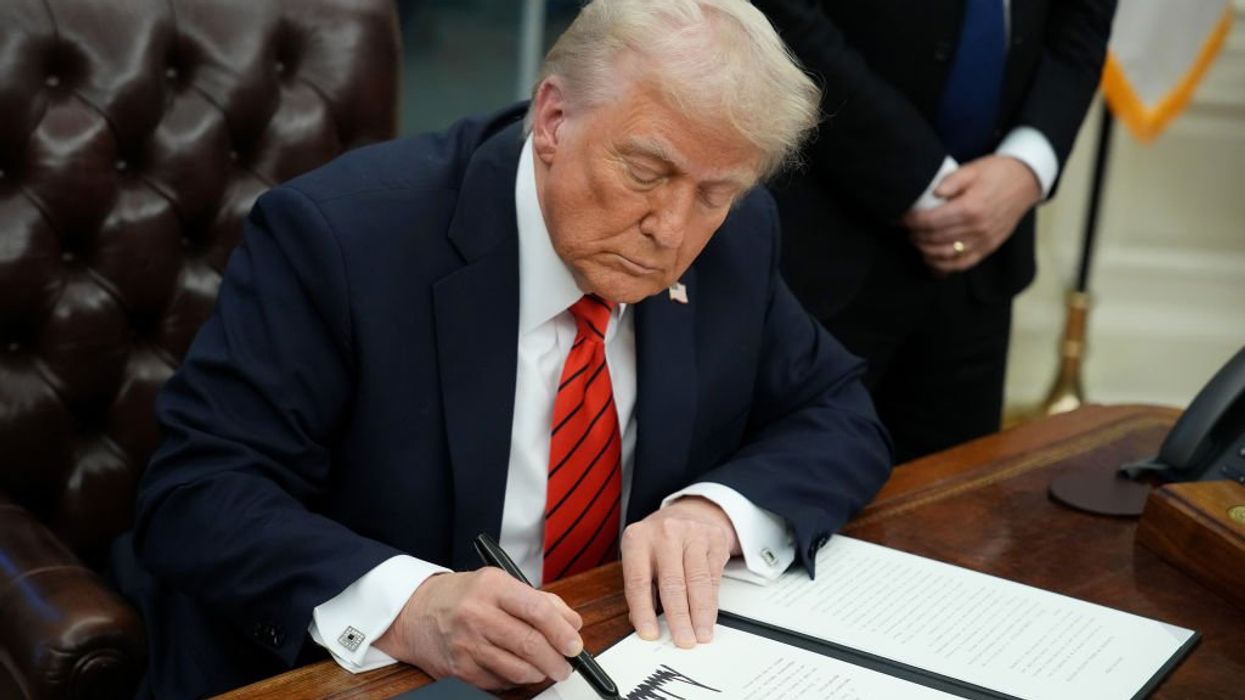On February 5th, President Trump signed an executive order regarding transgender athletes and their participation in women’s sports, effectively outlawing the practice. But is it law?
While the President has tremendous power, especially when it comes to directing the Department of Justice’s (DOJ’s) interpretation of statutes, his executive order likely won’t survive.
In truth, it’s more of a symbolic gesture. To actually create law, the President needs Congress—and he’s not likely going to get a divided Congress to pass Transgender Athlete legislation. Even then, any legislation passed could easily be reversed with the next changing of the political winds. In reality, the President’s actions, whether one agrees or disagrees with them, will not change the status of transgender athletes competing in women’s sports. Even his calling upon governing bodies to change their respective policies on competition rules will likely only have a temporary impact.
To that point, the NCAA announced they had changed its policy to prohibit male participation in women’s sports. On the surface, it looks like a victory, however, the NCAA is dealing in legalese. Their policy toward transgender athletes has not changed, as trans-individuals identify as female. If the NCAA actually wanted to change their policy toward participation in women’s sports, it would have made it a requirement to be born a female. They didn’t do that.
Moreover, what happens when President Trump leaves office? Will the next President reverse his executive order? Just look at his own actions in reversing President Biden’s executive orders or his predecessor’s tossing out of his executive orders. It becomes a futile game, where nothing changes.
Ultimately, presidential executive orders are ephemeral. They exist in the time of that particular President. Furthermore, politicians have rarely had an appetite to tackle societal issues, especially those that are contentious. One needs to look no further than abortion.
If there is going to be any level of permanence to U.S. policy on transgender athletes competing in women’s sports, the change must come from the people. The only means this takes place is through the State referendum process, where each citizen gets a voice and vote. After all, the creation of the rule of law affects everyone, therefore it should have been determined by the masses, not the few.
For those championing President Trump’s efforts to purge women’s sports of non-female competition, they will likely find their victory is short-lived. In some respect, the few (presidents, politicians) shouldn’t be asked to make the hard choices. The people have the right and burden to determine the code of conduct they choose to live by.
In the end, whether one agrees with President Trump, his executive order on transgender athlete’s participation in women’s sports will be short-lived. It’s merely symbolic.




















Trump & Hegseth gave Mark Kelly a huge 2028 gift